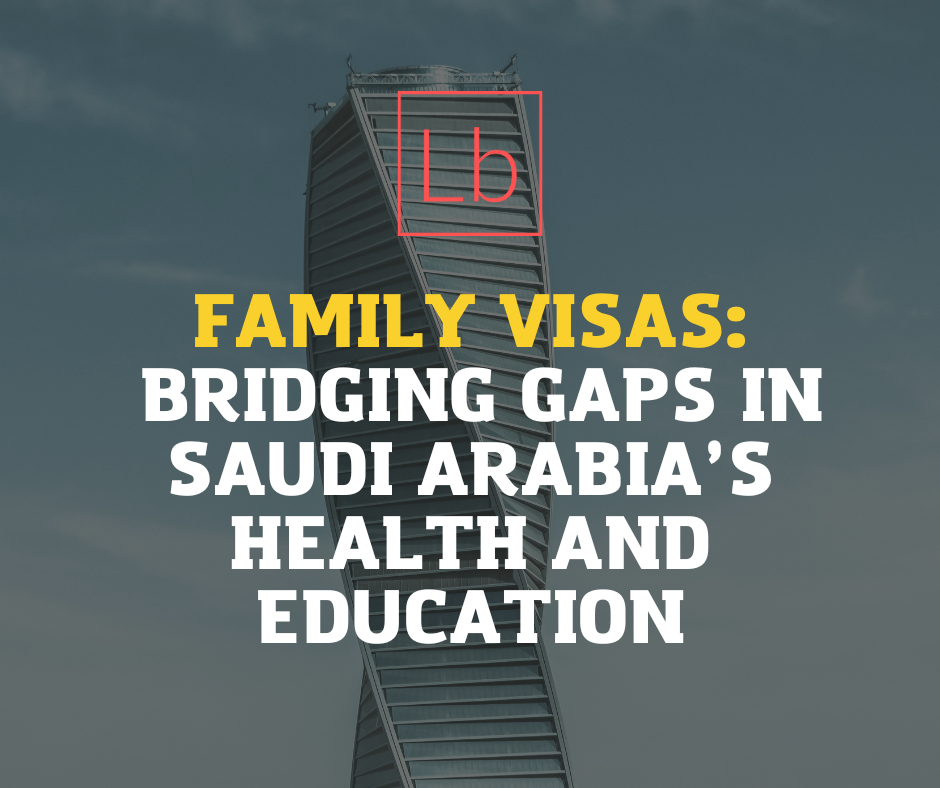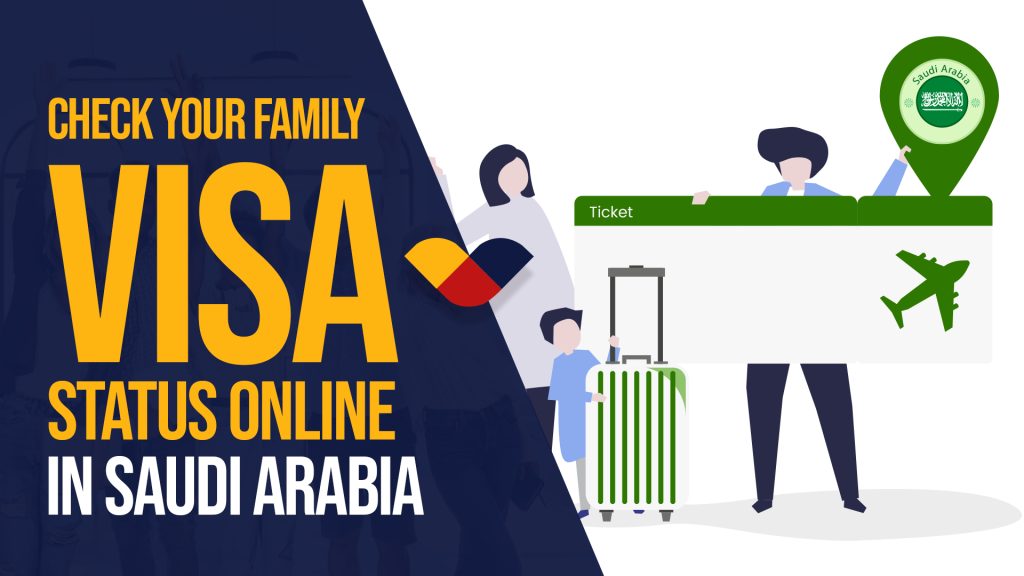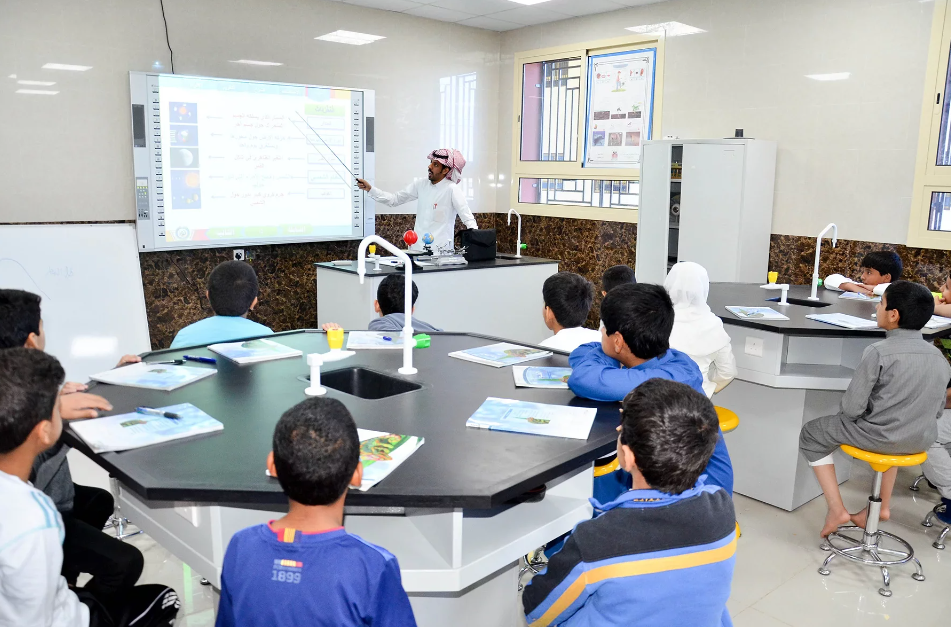
Content:
Saudi Arabia has recently made significant strides in modernizing its economic and social policies. As part of this transformation, Saudi Arabia has become an attractive destination for skilled workers from various countries. The Saudi Arabia family visa is vital for those who desire to live with relatives.
Saudi family visas are designed to attract and retain skilled professionals while ensuring their families can live comfortably and integrate into Saudi society. Thanks to family visas, Saudi Arabia contributes to creating a more favorable environment for developing a multicultural population.
Family visas are instrumental in creating a stable environment for expatriates and their families. The influx of skilled individuals is crucial for addressing existing gaps and enhancing the quality of services in critical areas like education and healthcare. There are many vacancies and well-paying jobs in these sectors. But experienced healthcare professionals and educators are more likely to move to Saudi Arabia if their families can accompany them.
A worker from another country can apply for the visa for family or relatives if has a residence permit. The categories of eligible relatives include:
Spouse (applicant must have marriage certificate);
Sons (until they come of age);
Unmarried daughters (recently, policy changes have lifted previous restrictions, allowing unmarried daughters over 25 to obtain a family visa).
Applicants can contact the Ministry of Foreign Affairs of Saudi Arabia or the Saudi Arabia embassy to get actual information and ask questions.

Start preparing all documents for a Saudi Arabia family visa. Verify that the documents of every family member are valid. The list of mandatory papers includes the following:
Original passport, which is valid for at least six months;
Foreign workers IQAMA (identity card for expatriates);
The Family Residency Visa application form and declaration form must be completed;
Marriage certificate;
Birth certificates;
Two color images of family members on the white background;
Visa Approval Paper from Ministry of Interior;
Passport copy of sponsor;
Saudi Medical Form for family members that are 18 years old or older. Medical reports include medical tests and information about vaccinations;
Police Certificate ACRO for family members who are 18 years old or above.
Marriage and birth certificates are vital to confirm relationships. They must also be certified by the Saudi Ministry of Foreign Affairs.
A visa's validity Period ranges from 30 to 90 days. The Saudi family visa fees for a family typically range between 200 Saudi Riyals, with the exact amount depending on the visa's duration, country, and other details.
Generally, the processing time for a family Saudi visa is 8 to 10 working days from the submission date. However, sometimes, confirmation for a Saudi visa lasts four weeks or longer.
To avoid a lengthy consideration of the visa application form, submit all required documents and proof of them, including the applicant passport.
A family member ought to obtain a family visit visa if wants to enter Saudi Arabia with the sole purpose to visit family. The eligibility criteria is that he must be a resident or citizens of the Kingdom of Saudi Arabia to initiate the visa process. A person will need documents similar to those for a family visa.
Eligibility: Applicants need an original passport, fill out the online visa application form, and take a photograph with a white background. They also need to proof their relationships with relatives or a spouse and submit documents like birth certificate and passports for the Saudi Arabia family visit visa.
Fees and processing time: The average family visit visa fee is $80. Visa processing time is 2 to 5 days from the submission date.
Don't forget to verify that all papers, such as your passport and birth certificate, are valid before filling out the visa application.
One significant advantage of family visas is the ability for expatriate families to access quality education for their children in Saudi Arabia. Saudi Arabian education is well-known for its quality. The Saudi government and private sector have invested in establishing international schools. Hence, many expat parents want their kids to go to school in Saudi Arabia. There are several options for how children can study, and everyone has nuances.
One of the best options for expatriate children is international schools. These schools follow curricula from various countries, such as the American, British, and International Baccalaureate systems. These schools help kids adapt to a new multicultural environment and not overstress. Here, they can meet peers from their home country.
Children can visit public schools, but only if they are Muslim. Predominantly, public schools are using only the Arabic language. Additionally, they are divided by gender, which aligns with Saudi cultural norms and religious practices.
The choice between public and international schools depends mainly on the family's specific needs, including language requirements, educational continuity, and cultural integration. However, in most cases, expatriate families prefer international schools since their children adapt better here. Another valuable criterion is that not all kids are fluent in Arabic.

The Kingdom is expanding and modernizing its healthcare facilities and services. Integrating advanced technologies and practices helps to provide comprehensive service. Recently, the private sector has been significantly growing. Expatriates' families will have access to health service.
Healthcare is free for citizens and some public-sector employees. Every family member needs to have health insurance to visit relatives, as it is mandatory in Saudi Arabia. Sometimes, a company (or sponsor) provides health insurance for the applicant family. However, it is important for expatriates to discuss that with their employer to verify that their family members are covered adequately.
In summary, family visas are crucial in bridging gaps in Saudi Arabia's health and education systems. Saudi Arabia attracts specialists from all over the world, and the Saudi family visa plays a crucial role. By allowing expatriates to bring their families, the Kingdom ensures that foreign professionals will get a job here and can contribute effectively to the country’s growth.
Access to quality healthcare and education is a significant factor for applicants. Thanks to family visa and family visit visa, people can meet their families in another country. To get more information, contact the Saudi embassy.
Login or register to leave comments.